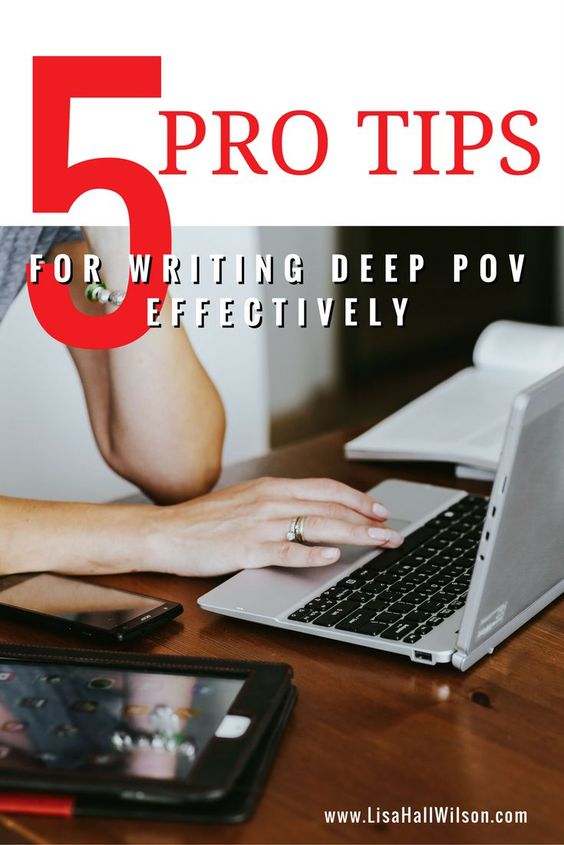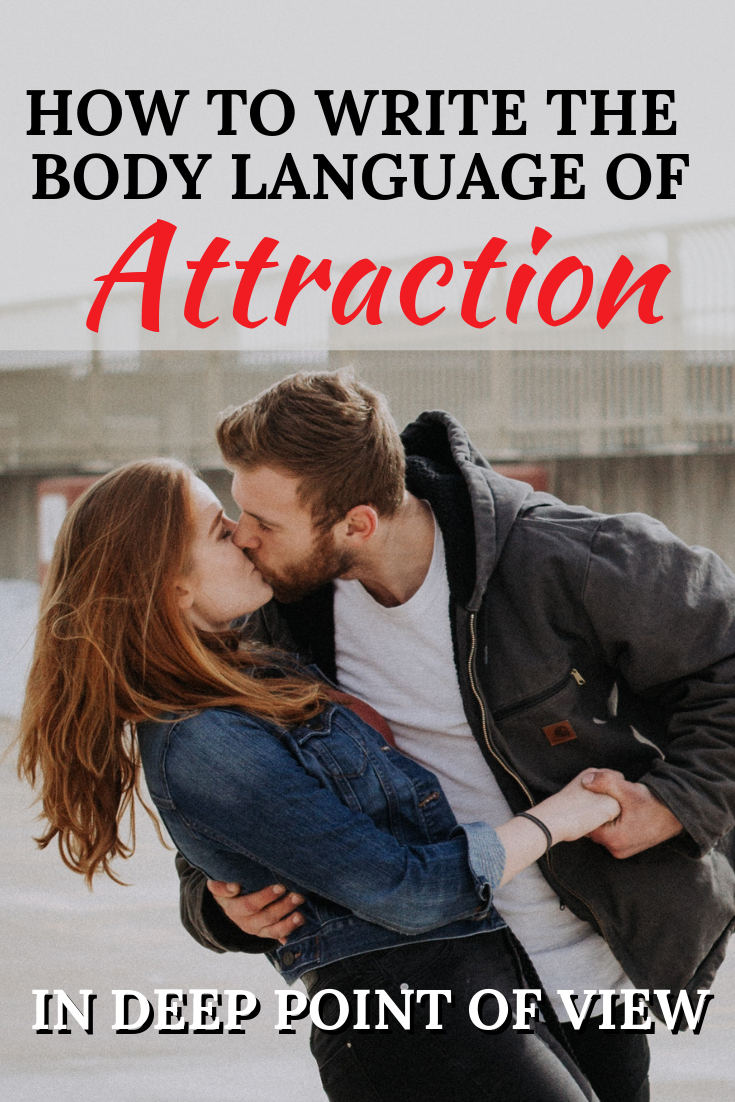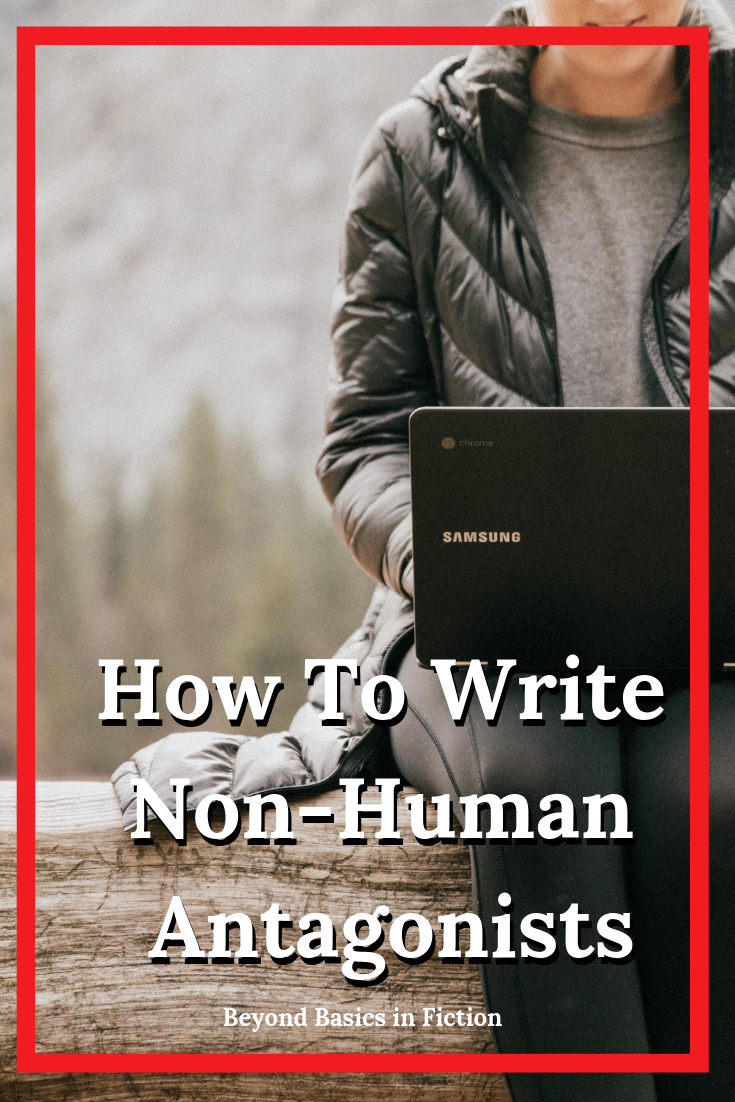
Connotation helps add unspoken meaning to readers through subtext. Connotation helps you show your reader backstory and character traits without telling them anything. It’s the writer’s job to be as economical as possible and make words pull double duty (say as many things to a reader as possible) so getting connotation to work FOR YOU is very helpful. At the very least, make sure it’s not working against you.
When someone drags their past into a situation we say they’ve got baggage. Every word has baggage. Every word has a past, an association, a history, and that’s brought with it into your work. Sometimes that baggage belongs to the reader – you can’t help that, sometimes it’s a historical event or etymology.
History Lends Connotation
If you decide to set your story in Chernobyl, that place name brings a lot of baggage with it. It could be a phrase: “I am no man!” or how about “Live long and prosper.” If a character uses those phrases that gives readers insights into your character.
My kids have each taken a turn reading The Great Gatsby and Fitzgerald uses the term “concentration camp” to mean something other than a reference to the death camps in World War 2. Of course, Gatsby was written before World War 2, but my teenagers stumbled over that trying to understand what Fitzgerald intended by using that term. I was editing a translation and the writer used ‘concentration camp’ which I substituted for ‘forced labor camp’ because the association to the death camps in World War 2 wasn’t intended.
You can’t shrug off connotation. You can’t say to yourself – well, I mean this word this way — because you won’t be in the ear of every reader explaining that to them, right. Be specific with your words.
Part Of Connotation Is Etymology
et·y·mol·o·gy: The study of the origin of words and the way in which their meanings have changed throughout history.
Anyone who’s studied Shakespeare, Donne, Milton, Chaucer, etc. knows that language changes, it evolves. We don’t speak the same way they did in 1066 or 1546, and while we still use some of the same words, the meanings and usage may have changed. If you look in a dictionary, it will give you the etymology of a word whether its roots are in French, Old English (OE), Latin, or another language. Etymology is why English words have so many nuanced meanings based on context.
Nude is from the Latin (1525–35) nūdus: lacking clothing or covering, color of a white-person’s flesh
Naked is Middle English from the Old English (pre 900) nacod: lacking embellishment, lacking confirmation or support, unaided by device or instrument, devoid of concealment or covering
(definitions from Merriam-Webster.com)
One word is older than the other, and both have distinct origins. This should tip you off that though they mean basically the same thing, the connotation (added layer of meaning) is different for each one. There’s a vulnerability to naked – as though a naked person is lacking something – is deficient in some way. Whereas nude is more refined – leads me to think of art, of shedding the burden of a covering, nude is a choice, you’re au naturel. The history of the word is especially important to those writing any historical genres. Jamie Fraser from Outlander would never say something was “spic and span” but Claire might.
Connotation Adds To Character Voice
I’ve read many manuscripts that didn’t take these nuanced meanings into account when choosing a word. These nuanced meanings come into play with character voice as well. What word would your point of view character use based on their upbringing, past experiences, prejudices, etc.
Maybe your teenage point of view character would describe school as a concentration camp–that would show us a few things about how that character sees the world, right. I’ve had people say to me, “I feel naked with my …” fill in the blank. I feel naked without my wedding ring. What would that show readers about a character who said or thought that? Their identity is wrapped up in marriage somehow – who they’re married to, that they’re married, they feel vulnerable, etc.
In an intimate scene, a woman who sheds her clothing to stand nude before her man strikes me as natural, confident, alluring, unashamed. In that same scene, if the woman is naked there’s a raw sexuality to it, she’s lacking something she should have – she’s exposed. A nude woman gets up from the bed and walks to the bathroom unconcerned if she’s observed. A naked woman wraps the sheet around herself before walking to the bathroom.
These distinctions add layers and depth through subtext to readers, about how they feel, how they perceive things, their prejudices or experience.
Personal Associations Bring Connotation
While you can’t help the personal connotations a reader brings to your work, you should manipulate the connotation your characters bring to the story. If your character is a woman who was sexually abused as a child, she might not ever use the word nude, even when it’s appropriate.
Feminist is a word loaded with social connotation right now. Some see a person wearing that label as a left-wing zealot and others see them as couragous social warriors. Sometimes a word can be both things, so you’ll either need to explain how your character means it or choose a different word.
Connotation Can Be Negative Or Positive
Often, we turn to the thesaurus when we’re stumped for the right word and there’s nothing wrong with that. But be aware that words often carry connotation with them, and may not be as interchangeable as you’d like to think. We do this all the time as writers, we just need to do it consciously and strategically. Is your character thin or gaunt? It’s all in how you frame it.
Let’s look at a common word: seductive
The dictionary gives me these synonyms: attractive, captivating, charming, enticing, fascinating, flirtatous, inviting, irresistable, provacative, tempting, beguiling, bewitching, desireable, come-hither…
A woman who is attractive and charming is not necessarily provocative or flirtatous. Be sure of the connotation the word brings to your story and your character’s intentions and feelings.
Been told you should learn Deep Point Of View? Had an editor or critique partner tell you to “go deeper” with the emotions in your fiction? Looking for a community of writers seeking to create emotional connections with readers? Check out the Free Resource Hub and then join the Going Deeper With Emotions In Fiction Facebook group.



The history of words is so interesting! I love when kids ask me, “Who made up that word?” and I have to go look up its origin. Then we have really great converstaions about langauge. What a fun post!
Emma Burcart recently posted…Going With the Flow
I love studying Old English – I find it quite fascinating. I have a WIP in a drawer where I have one set of characters speaking in Old English. Should maybe pull that out again.
I took four years of Latin in high school, and my oldest brother was taking Greek in college at the same time. I was already fascinated with word origins, but after that, even more so.
Your naked/nude example is a great one.
Amber recently posted…Tell Me a Story – Part III
Thanks! That nude/naked example got me a job once. lol. Maybe not the best example to use in mixed company in hindsight :/
Great advice! I will keep that in mind.
Glad to help 🙂
It was fun working with this in our novel where one of the characters would use nude in certain situations and for the other it was all naked because he had no concept of the difference. Good post 🙂
Marcy Kennedy recently posted…How to Keep Strong Female Characters Likeable
Yes, it worked well in that story. Emma’s made me want to pull out Aralyn’s story again. Still haven’t figured out how it should end…
I think a thesaurus is a potentially dangerous place to be and it’s great that you mentioned it. Although I search for synonyms, most often it’s the phrasing that has to change. Connotation leads to subtext, and subtext is part of characterization and foreshadowing (among other things); and all of this leads to theme.
Chances are your reader can’t articulate it, but they would know when something feels off.
Good post, it really got me thinking
Mark Landen recently posted…What’s Maslow Got to Do with It?
Very true. The Thesaurus can be a dangerous tool lol. As a reader, I pick up a on a lot of subtle little cues about characters that add depth to a story.
Great topic Lisa. I think I choose words based on connotation, but I’m not sure I know HOW I do it. 🙂 Sometimes I will Google a sentence to see if I can find how someone else used it, but mostly I think it’s probably based on my own personal filter.
Coleen Patrick recently posted…YA Reality: Interview with a Teen Reader
For those whose first language is English and read a lot, that may work fine. Sometimes I get stumped though and have to dig a little deeper.
Great post Lisa. I think I handle it similar to Coleen. And I run a lot past my much smarter better half when I get stuck. My own personal editor. LOL
Debra Kristi recently posted…Ask and You Shall Receive – A lot! – Question Meme
Yeah – I have Marcy. 😛
Thanks Lee for this post. Very interesting. Every word we use is so important!
Darlene L Turner recently posted…What if…there was no cross?
I really like this post. I’ve always loved words, their meanings, hidden meanings. Years ago I read a thick tome called The History of The English Language. Loved it (Does this tell you I might be a word nerd?) I agree; your nude/naked example is great. Has power.
Diana recently posted…Beauty of the Cross?
Thanks. I love this example too – I used it a lot.
Great post. It is nice to have this pointed out. I often use a thesaurus when I know the word that pops to mind doesn’t have the connotation that I want, but I never thought to look up its etymology once I think I have found the one I want. The more practice I get writing, the more I see how the perfect word can do so much work.
Glad you found it helpful. Sometimes when I’m stumped, I’ll just leave a comment for myself to go back to it. The perfect word will often come to me when I stop trying so hard to think of it.